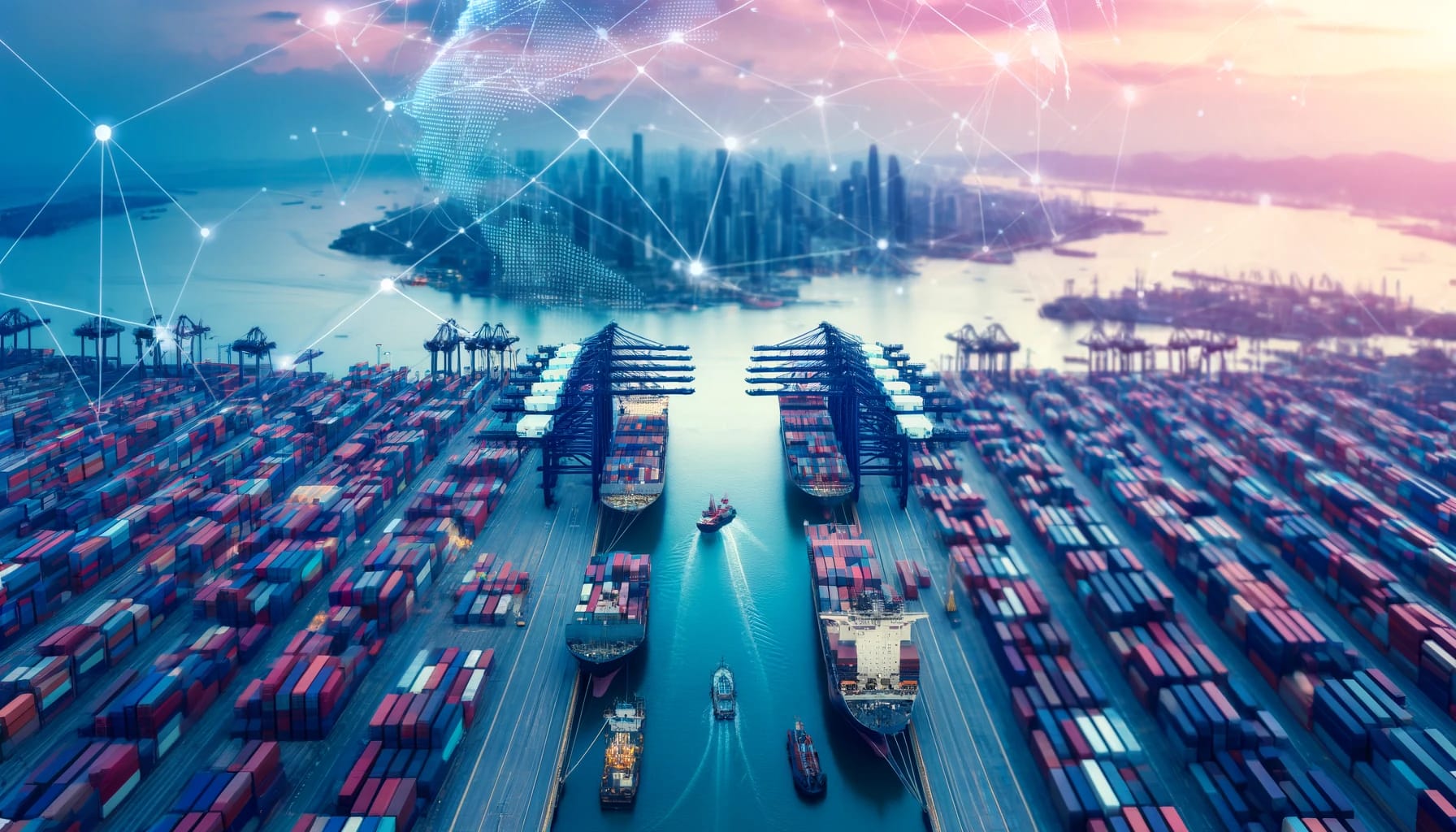
Challenges and Innovations in Freight Forwarding for 2024
Freight forwarding is evolving rapidly due to global economic shifts, technological advancements, and changing consumer expectations. In 2024, several key trends are shaping the industry. These include digitalization, sustainability initiatives, and the integration of AI and machine learning to optimize supply chains.
1. Digitalization: The logistics sector is experiencing significant digital transformation. Companies are adopting advanced technologies to streamline operations, enhance visibility, and improve efficiency. LHP’s conversational AI platform can help businesses integrate these technologies seamlessly, providing real-time insights and automated solutions to manage freight forwarding activities more effectively.
2. Sustainability: With increasing pressure to reduce carbon footprints, logistics companies are focusing on sustainable practices. This includes adopting eco-friendly transportation methods and optimizing routes to minimize emissions. LHP supports these initiatives by offering AI-driven route optimization and sustainability tracking tools, enabling companies to achieve their environmental goals.
3. AI and Machine Learning: The use of AI and machine learning in logistics is growing. These technologies help predict demand, optimize inventory, and enhance decision-making processes. LHP’s platform leverages AI to provide predictive analytics, helping businesses make informed decisions and stay ahead of market trends.
Incorporating these trends into your logistics strategy can give you a competitive edge. LHP’s AI-driven logistics platform is designed to support these advancements, providing the tools and insights needed to navigate the complexities of modern freight forwarding.
Referenced Webpages:




